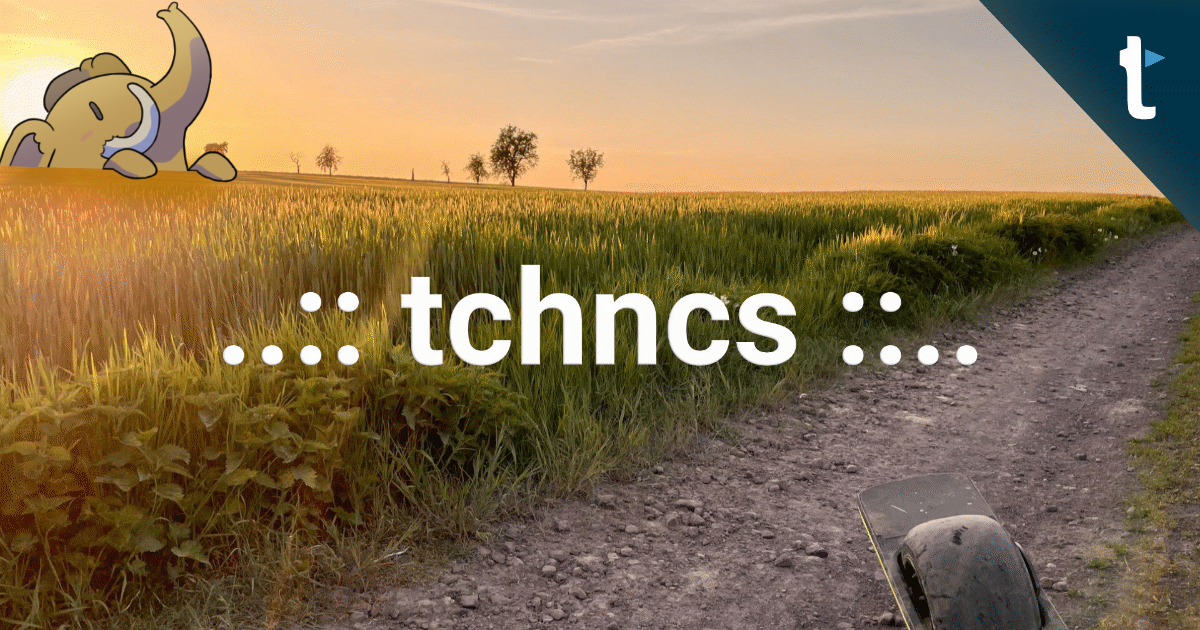DoomsdaysCW<p>Women's rights in Greece and Rome were more of my specialty -- especially ancient Greece. And yes, all this was how it was -- women had few rights under <a href="https://kolektiva.social/tags/Athenian" class="mention hashtag" rel="nofollow noopener noreferrer" target="_blank">#<span>Athenian</span></a> <a href="https://kolektiva.social/tags/patriarchy" class="mention hashtag" rel="nofollow noopener noreferrer" target="_blank">#<span>patriarchy</span></a>. </p><p><a href="https://kolektiva.social/tags/LegalStatus" class="mention hashtag" rel="nofollow noopener noreferrer" target="_blank">#<span>LegalStatus</span></a> of Women in <a href="https://kolektiva.social/tags/Ancient" class="mention hashtag" rel="nofollow noopener noreferrer" target="_blank">#<span>Ancient</span></a> Greece </p><p>Women were dependent on fathers, husbands, or <a href="https://kolektiva.social/tags/kyroi" class="mention hashtag" rel="nofollow noopener noreferrer" target="_blank">#<span>kyroi</span></a> (appointed guardians). They could not own property, and were considered wards of their fathers or kyroi.</p><p>In <a href="https://kolektiva.social/tags/500BCE" class="mention hashtag" rel="nofollow noopener noreferrer" target="_blank">#<span>500BCE</span></a>, fathers could sell their unmarried daughters “who had lost their <a href="https://kolektiva.social/tags/virginity" class="mention hashtag" rel="nofollow noopener noreferrer" target="_blank">#<span>virginity</span></a>” (Blundell, 69) into slavery.</p><p>“<a href="https://kolektiva.social/tags/Inheritance" class="mention hashtag" rel="nofollow noopener noreferrer" target="_blank">#<span>Inheritance</span></a> was <a href="https://kolektiva.social/tags/patrilineal" class="mention hashtag" rel="nofollow noopener noreferrer" target="_blank">#<span>patrilineal</span></a>” (Blundell, 66) – even if a daughter was the only child, she could not inherit her father’s property – it would be passed down to “her sons” (Blundell, 66), or “more distant [male] relatives” (Blundell, 66).</p><p><a href="https://kolektiva.social/tags/Autonomy" class="mention hashtag" rel="nofollow noopener noreferrer" target="_blank">#<span>Autonomy</span></a> <a href="https://kolektiva.social/tags/Histodon" class="mention hashtag" rel="nofollow noopener noreferrer" target="_blank">#<span>Histodon</span></a> <a href="https://kolektiva.social/tags/AncientHistory" class="mention hashtag" rel="nofollow noopener noreferrer" target="_blank">#<span>AncientHistory</span></a> <a href="https://kolektiva.social/tags/AncientGreece" class="mention hashtag" rel="nofollow noopener noreferrer" target="_blank">#<span>AncientGreece</span></a> <a href="https://kolektiva.social/tags/PropertyRights" class="mention hashtag" rel="nofollow noopener noreferrer" target="_blank">#<span>PropertyRights</span></a> <a href="https://kolektiva.social/tags/WomensRights" class="mention hashtag" rel="nofollow noopener noreferrer" target="_blank">#<span>WomensRights</span></a></p>
Recent searches
No recent searches
Search options
Only available when logged in.
social.tchncs.de is one of the many independent Mastodon servers you can use to participate in the fediverse.

A friendly server from Germany – which tends to attract techy people, but welcomes everybody. This is one of the oldest Mastodon instances.
Administered by:
Server stats:
3.8Kactive users
social.tchncs.de: About · Profiles directory · Privacy policy
Mastodon: About · Get the app · Keyboard shortcuts · View source code · v4.3.7
#500bce
0 posts · 0 participants · 0 posts today
ExploreLive feeds
Mastodon is the best way to keep up with what's happening.
Follow anyone across the fediverse and see it all in chronological order. No algorithms, ads, or clickbait in sight.
Create accountLoginDrag & drop to upload
